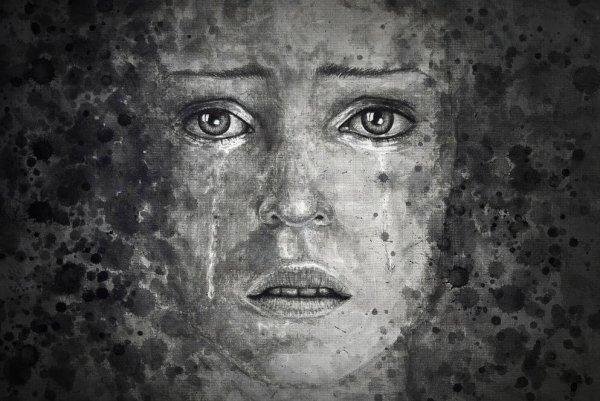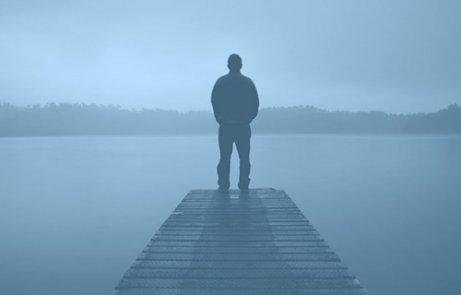The common fears of human beings have to do with the fear of losing life or integrity, either on the strictly physical plane or on the symbolic terrain. We all want to survive and protect ourselves from pain.

We must never lose sight of the fact that fear is a healthy emotion because it is part of our survival instinct. Some common fears are perfectly reasonable. In fact, eliminating it would not be a good idea, since by suppressing it we could also lose our sense of risk and expose ourselves unnecessarily to danger.
The fears common to all human beings are related to the physical and psychological preservation of integrity and life. They have universal character because they protect us to a large extent. They present a strong biological and phylogenetic root.
Sometimes it does not come to the realization that fear is also an impressive force, which can be used in favor when it becomes conscious. Out of fear come to perform crazy actions, but also to channel the fear are carried out the greatest human creations. Perhaps religion, philosophy and science itself are a response to these common fears; a way to conjure them. What are we afraid of human beings, in general? Usually to these threats.
1. Death
It is the fear that is at the base of the survival instinct. From the biological point of view, life tends to perpetuate itself. All organisms are reluctant to die. From the philosophical perspective, life is the supreme good, since all other goods and virtues come from it.

From the fear of death, a multitude of fears related to that resistance to lose your life. We fear the heights because the possibility of falling would kill us. For that reason we are afraid of planes, extreme speed, etc. They are fears common to all human beings and all cultures. What varies is the way to assume and process them.
2. The loss of autonomy
It refers to the fear of losing freedom, the ability to decide our actions or thoughts. It is related, from the symbolic point of view with the fear of dying. It implies the rejection of the idea of loss of self, or of the impossibility to display said self.
There are many fears that stem from this basic fear. For example, the fear of being trapped under debris or locked in a low-oxygen site or tied down. All these are situations in which the person sees their freedom restricted, something that generates a lot of fear.
3. Loneliness, one of the common fears
More than the fear of loneliness itself, one of the most common fears is losing contact with the world. There are several situations that put us on alert for that risk. Rejection or contempt, for example. They are a sign that we can lose our bond with the group and be condemned to ostracism.

The lack of recognition, respect or appreciation cause a deep emotional wound and increase the fear of loneliness. Envy and jealousy are feelings related to that fundamental fear. In envy lies the belief that one will be devalued and / or "eliminated", depending on the attributes of another. In jealousy there is fear of abandonment.
Man in a harbor symbolizing common fears
4. To get sick or suffer mutilation
The fear of mutilation is part of the fundamental instinct to preserve our unity and integrity as human beings. We make our body equivalent to our self and we want to keep it functional. That is why sometimes we fear the fear of certain instruments, such as needles or knives.
The fear of getting sick is also very much related to what we have. We are afraid of damaging our organism, generating a condition that alters its proper functioning. That is why we distance ourselves from dirty places, from beasts, from snakes, etc.
5. Ego prejudices
It is similar to the fear of loneliness, but in this case more than exclusion, what is feared is public humiliation. The feeling of collective contempt is something that nobody wants to experience. Perhaps this does not imply that one loses his place within a group, but it does promote a condition of inferiority and dependence.
Both this fear and the fear of loneliness are social in nature. The more diverse and open a society is, the lower the prevalence of these fears. On the other hand, in the strict and ultra traditionalist collectives, it is a fear that is very present.
The fears common to the human race have been known for a long time. Advertising and also sometimes the propaganda of power make use of them to shape our actions. The human being is also infinitely intelligent and creative. You can learn to deal with those fears, without becoming paralyzed or succumbing to pressures.